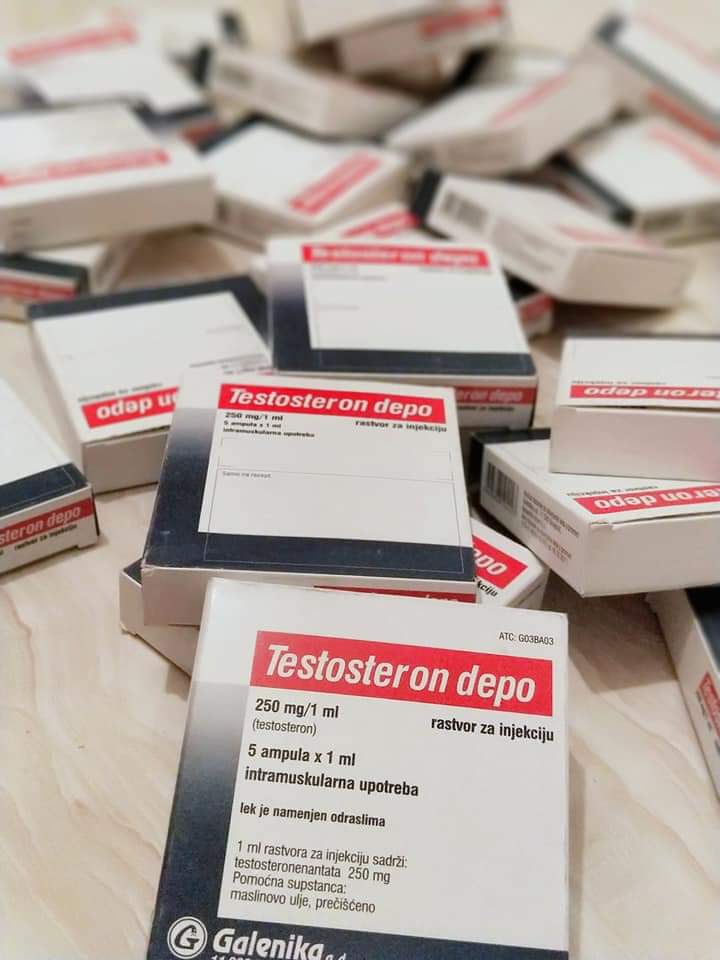Treatment Options for HMPV Infection: What Works and What Doesn’t
Human Metapneumovirus (HMPV) is a respiratory virus that causes symptoms ranging from mild cold-like signs to severe respiratory distress. While there is no specific antiviral treatment for HMPV, various strategies can help manage symptoms and aid recovery. Below are the key treatment options.
1. Supportive Care
The main treatment approach for HMPV is supportive care, aimed at managing symptoms and helping the body recover. This includes:
- Rest and Hydration: Adequate rest and fluid intake are crucial for the body’s recovery. For more details on how hydration can help your immune system, see our guide on staying hydrated during illness.
- Over-the-Counter Medications: Medications like acetaminophen or ibuprofen are often used to reduce fever and relieve pain. Learn more about safe medication use in our article on fever management.
- Humidified Air: A humidifier can help soothe irritated airways and relieve coughing. Discover more on the benefits of humidifiers for respiratory conditions.
2. Oxygen Therapy (for Severe Cases)
For patients with severe respiratory distress, oxygen therapy may be necessary. This helps maintain healthy oxygen levels in the blood when breathing becomes difficult. You can learn more about the signs of respiratory distress and when oxygen therapy is needed in our post on respiratory health management.
3. Antiviral Treatments (Experimental)
Currently, no specific antiviral treatment has been proven effective for HMPV. However, some medications are being explored for their potential benefit. These include:
- Ribavirin: This antiviral drug is sometimes used off-label for other viral infections, but its use for HMPV is still experimental. Read more on its usage and risks in ribavirin for viral infections.
- Palivizumab: An antibody that’s typically used for other respiratory infections like RSV, researchers are studying its effects on HMPV. Learn more about palivizumab and its applications.
4. Steroids and Inhalers
For patients experiencing severe inflammation and wheezing, corticosteroids or bronchodilators may be prescribed. These medications help reduce airway inflammation and improve breathing. However, their use for HMPV is still under investigation. You can find further details on bronchodilator medications in our respiratory treatment section.
5. Antibiotics (Only for Secondary Infections)
Antibiotics are not effective against viral infections like HMPV itself but may be prescribed if a secondary bacterial infection develops. For more information on preventing and managing bacterial infections during viral illnesses, visit our page on secondary infections and antibiotics.
6. Hospitalization (For Vulnerable Populations)
Certain high-risk groups, including infants, elderly individuals, and those with weakened immune systems, may need hospitalization if the infection becomes severe. This allows for close monitoring and advanced care, such as intravenous fluids and respiratory support. Explore our post on hospitalization during respiratory illnesses for more information.
7. Preventive Measures to Avoid HMPV
While no vaccine currently exists for HMPV, practicing good hygiene can prevent its spread. This includes:
- Regular hand washing: Learn effective hand washing techniques in our guide to preventing respiratory infections.
- Avoiding close contact with infected individuals: Find tips on reducing exposure to contagious illnesses.
- Disinfecting surfaces: Learn more about disinfecting high-touch surfaces in our post on sanitizing your home.










gab I do not even understand how I ended up here, but I assumed this publish used to be great
I don’t think the title of your article matches the content lol. Just kidding, mainly because I had some doubts after reading the article.
I think the admin of this web page is actually working hard for his web page,
since here every information is quality based material.
Thank you for your sharing. I am worried that I lack creative ideas. It is your article that makes me full of hope. Thank you. But, I have a question, can you help me?
Your article helped me a lot, is there any more related content? Thanks!
Thank you for your sharing. I am worried that I lack creative ideas. It is your article that makes me full of hope. Thank you. But, I have a question, can you help me?